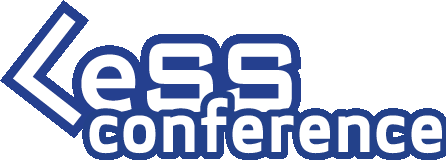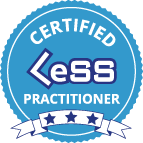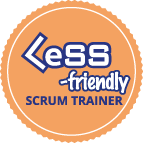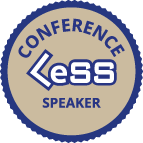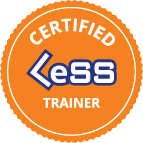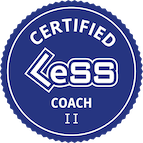29 techniques for reducing the cognitive load (that you won't hear them talking about)
Managing cognitive load has become a key focus for engineering managers, with many advocating for limiting team ownership to reduce stress and increase productivity. However, this approach can lead to compartmentalization and decreased adaptability.
This talk challenges the conventional wisdom and explores numerous LeSS-friendly experiments for managing cognitive load without sacrificing team autonomy and organizational flexibility. Join us to discover innovative strategies for enhancing productivity and well-being in your teams.
In today's fast-paced and complex work environments, managing cognitive load has become a critical concern for engineering managers. While the common advice is to reduce cognitive load by limiting the scope of team ownership, this approach can lead to undesirable outcomes such as organizational compartmentalization and decreased adaptability.
This presentation delves deeper into the topic, challenging the notion that cognitive load and scope of ownership are inextricably linked. We will explore numerous techniques that offer alternative ways to reduce cognitive load. These methods encompass a variety of strategies, including process automation, enhancing collaboration, improving work environments, and leveraging technology.
Attendees will gain insights into numerous LeSS-friendly experiments to try out to manage cognitive load.
By addressing these areas, this talk aims to equip attendees with actionable strategies to keep managing cognitive load while creating more adaptable organizations. Whether you are an engineering manager, a team lead, or a developer, you will find valuable insights to apply in your own work context. Join me to rethink how we approach cognitive load in software development and learn how to implement changes that benefit both the individual and the organization and avoid the false dichotomy!
Photos

